The Guggenheim Fellowship is a prestigious award recognizing mid-career scholars, writers, artists, and scientists. Fourteen Fulbright Alumni were recognized with a Guggenheim Fellowship this year, for their scholarship, creative ability, and potential to make an impact in their respective field.
The Fulbrighters who received the award came from a diverse range of fields and interests. For some, the Fulbright Program sparked an early career-launching experience or inspired a life-long passion, while for others, Fulbright provided an opportunity to share their expertise and connect with students and colleagues in their host country.
All have drawn on these valuable international perspectives as they contribute to their fields and make an impact on the world.
Fulbrighters Named 2023 Guggenheim Fellows:
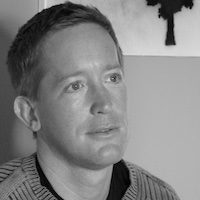
Patrick Anderson, Ph.D. (1996 Fulbright U.S. Student to Sri Lanka) is a professor in the Departments of Communication and Ethnic Studies at University of California, San Diego. As a Fulbrighter, he studied the role that Buddhist monks played in developing anti-war programs in the country, during the height of the civil war. He credits his Fulbright experience with fostering his love for doing cultural research, “especially when it is directly focused on responding to critical social problems.” His research now focuses on the role of violence, mortality, and pain within distinct institutional settings, including the theater, the gallery, the clinic, and the prison. Dr. Anderson has served as Director of the Critical Gender Studies program and founding facilitator for the Social Justice Practicum at UC San Diego, as Vice President of the American Society for Theatre Research, and as an Editorial Board member for the University of California Press. He was appointed by the Mayor and City Council of San Diego to the Community Review Board on Police Practices, and served for two full terms.
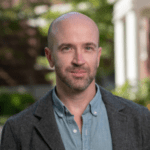
Lucas Bessire, Ph.D. (2001 Fulbright U.S. Student to Bolivia) is a professor of anthropology at the University of Oklahoma. During his Fulbright year in Bolivia, he studied sustainable forestry projects and lowland Indigenous rights. Those experiences were the beginning of his long-term collaborative research with Ayoreo-speaking communities in Bolivia and Paraguay and helped to launch his career as a writer, filmmaker and anthropologist. Since then, additional fieldwork has taken him from the Gran Chaco to Arctic Alaska and the High Plains. Among other articles, films and essays, he is the author of the award-winning books Behold the Black Caiman: a Chronicle of Ayoreo Life (University of Chicago Press, 2014) and Running Out: In Search of Water on the High Plains (Princeton University Press, 2021). Currently, he is writing ethnographic accounts of environmental issues in the Arctic and the High Plains.
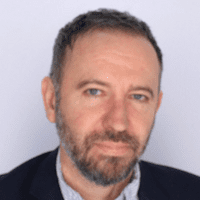
Michael Cepek, Ph.D. (2000 Fulbright U.S. Student to Ecuador; 2019 Fulbright U.S. Scholar to Ecuador) is a professor of anthropology at University of Texas, San Antonio. As a Fulbright Student, he did dissertation research with Indigenous Cofán activists in Quito and the Cofán community of Zábalo. The research led to his first book, A Future for Amazonia: Randy Borman and Cofán Environmental Politics (2012), which shows how Indigenous Peoples can create innovative projects to protect the world’s cultural and biological diversity. After publishing his second book on Cofán relations with the oil industry, Life in Oil: Cofán Survival in the Petroleum Fields of Amazonia (2018), Dr. Cepek returned to Ecuador as a Fulbright Scholar in 2019 to study how Cofán shamans are defending their people against colonization. With his Guggenheim Fellowship, Dr. Cepek will write Visionary Violence: Shamanism, Dispossession, and Death in Amazonia, a book on which his Cofán collaborator Cesario Lucitante will receive full co-authorship recognition. Dr. Cepek is President of the Cofán Survival Fund, a non-profit organization that supports Cofán-directed conservation, education, and medical projects in Ecuador. He credits Fulbright for its long-term support of his scholarship and advocacy for the Cofán Nation’s struggle to maintain its way of life and rainforest homeland.
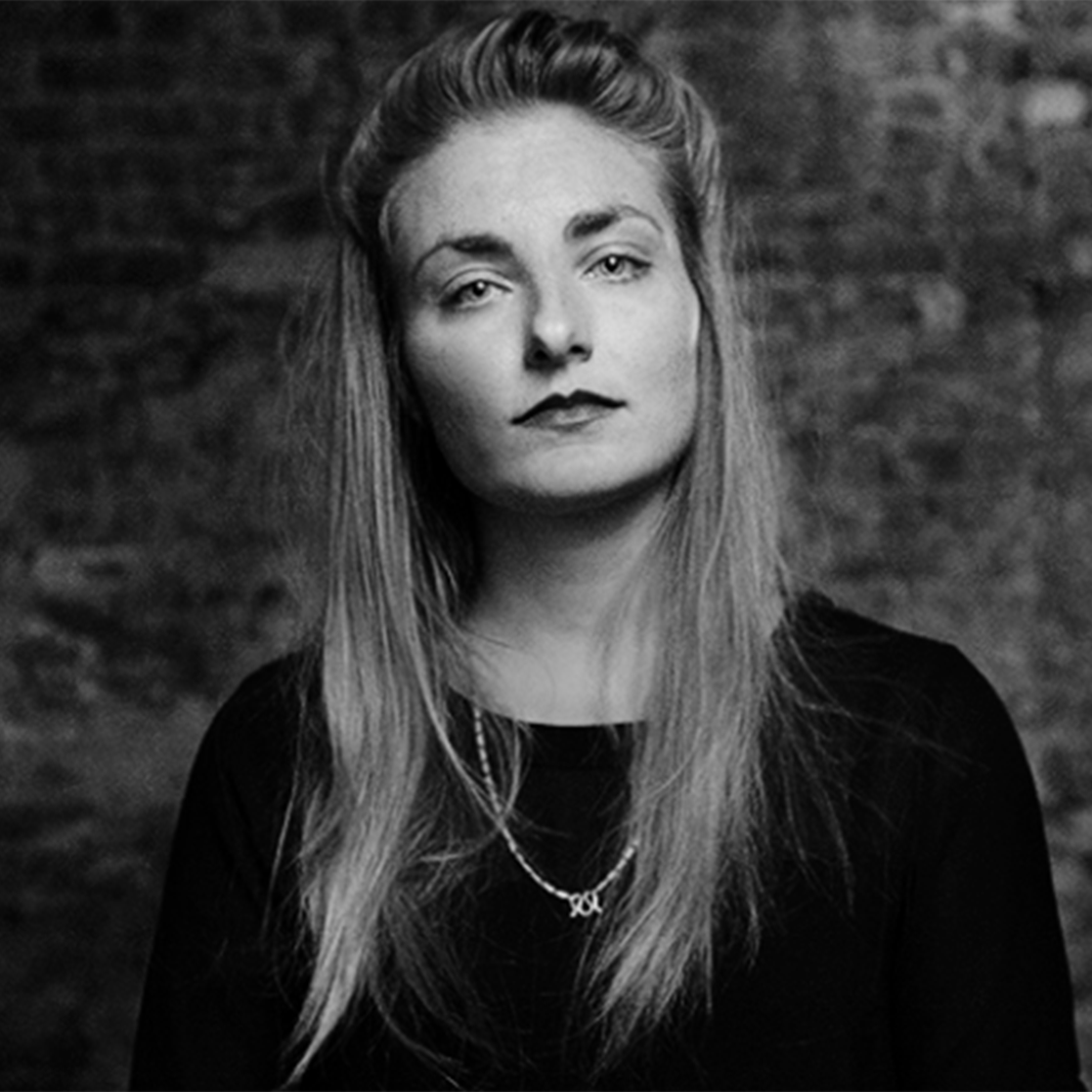
Maris Curran (2006 Fulbright U.S. Student to Mexico) is a Los Angeles-based filmmaker. During her Fulbright, Maris says she examined how to infuse documentary and narrative film with experimental film practices. “I immersed myself in a community of filmmakers and we shared work, aspirations and feedback, a process that continues to this day.” Her films have been shown at the Berlinale, Toronto International Film Festival (TIFF), MoMA, New York Times’ Op-Docs, the National Gallery of Art, and PBS’s Independent Lens. Her fiction feature, Five Nights in Maine, starring David Oyelowo, Dianne Weist and Rosie Perez, premiered at the Toronto International Film Festival and was released theatrically in 2016. Her two short award-winning documentaries, While I Yet Live about five quilters and freedom fighters from Gee’s Bend, Alabama and The Man Is The Music about the artist and musician Lonnie Holley played over one hundred festivals and museums around the world. She holds an MFA from the School of the Art Institute of Chicago and participated in the Whitney Independent Study Program.
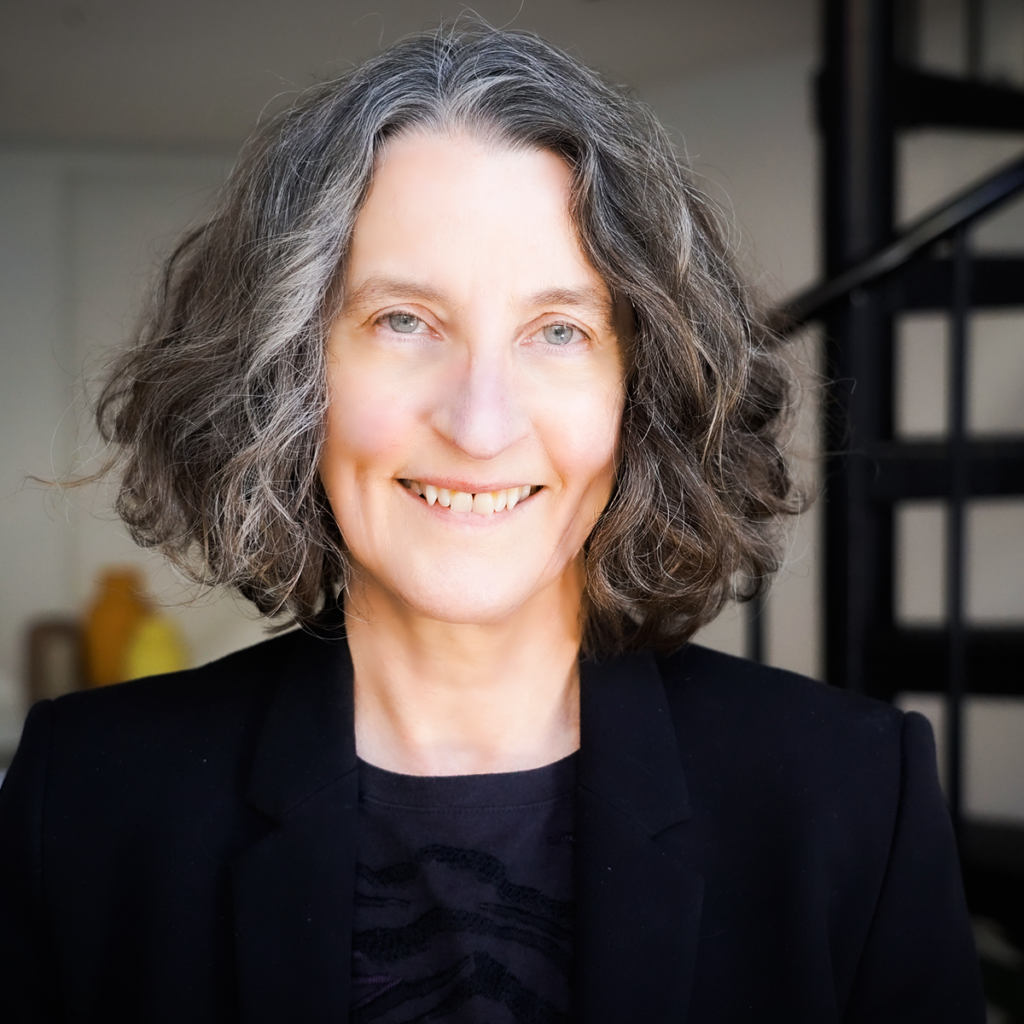
Sharon Daniel (2016 Fulbright U.S. Scholar to the United Kingdom) is a film and digital media professor at the University of California, Santa Cruz. During her Fulbright, she conducted interviews with former paramilitaries and restorative justice practitioners in post-conflict Belfast for an interactive web documentary called “Troubled Peace.” As a digital media artist, she creates interactive and participatory documentary artworks addressing issues of social, racial, and environmental injustice, with a particular focus on mass incarceration and the criminal justice system.
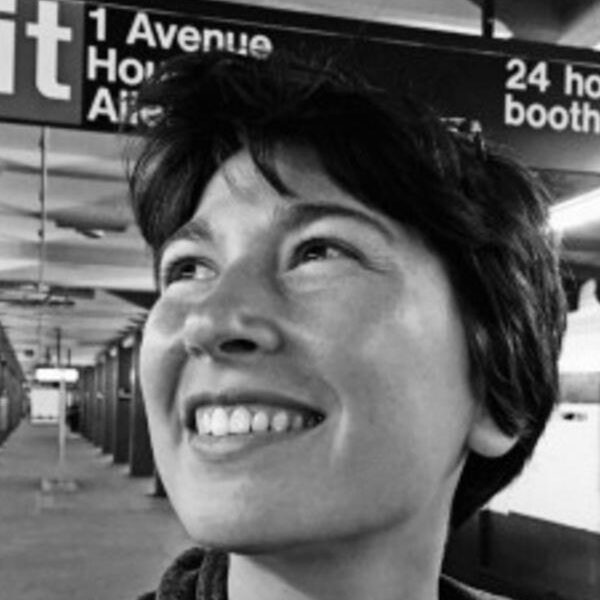
Liana Finck (2009 Fulbright U.S. Student to Belgium) is a cartoonist and graphic novelist, and serves as a visiting professor of English at Barnard College. On Fulbright, Finck created a graphic novel about the life of Georges Remi, the beloved cartoonist and creator of “Tintin.” She is the author of four graphic novels, the latest of which is Let There Be Light (Penguin Random House, 2022). Her work has been featured by the New York Times and elsewhere, and appears regularly in The New Yorker. Finck received a New York Foundation for the Arts Fellowship and has had artist residencies with the MacDowell Colony, Yaddo, the Lower Manhattan Cultural Council, and Tablet magazine.
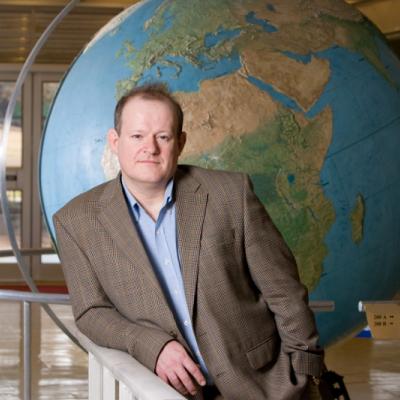
Andrew Herod, Ph.D. (2015 Fulbright Specialist to Greece) is a Distinguished Research Professor in the University of Georgia’s Geography Department. As a human geographer and political economist, he explores how working people play active roles in shaping economic landscapes. Using an approach he calls “Labor Geography,” he has focused his research on such diverse topics as U.S. dockworker and auto worker labor movements; unions in Central and Eastern Europe after the collapse of Communism; the role of the U.S. labor movement in shaping patterns of economic development in Latin American and the Caribbean; and the geographical process of globalization. His Fulbright experience resulted in numerous academic publications, including a forthcoming book on issues of gentrification and its impact upon the urban environment of Athens. According to Dr. Herod, it “laid the foundation for continued academic and cultural links between the University of Georgia and Greece.” His Guggenheim project –“Chicken: A Geographical Political Economy”–will focus upon the poultry industry in the USA and globally. A part of this work will be an examination of changing labor conditions in the industry, which is connected to the research he conducted as part of his Fulbright to Greece on transformations in contemporary labor processes and the spread of precarious work.
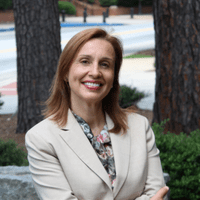
Sonia A. Hirt, Ph.D. (2009 and 2022 Fulbright Specialist to Bulgaria) ) is a dean and professor of Landscape Architecture and Planning at the University of Georgia. Dr. Hirt works to make cities more equitable, prosperous, and sustainable. As a Fulbright Specialist, she consulted with the Institute of Sociology and Varna Free University in Sofia and has published on the role of urban planning and architecture in twentieth-century Bulgaria, Romania, and Serbia. With her Guggenheim Fellowship, Hirt will continue work on her sixth book, America’s Hurry: Making Sense of Time and Space in My Adopted Country. Fulbright has provided her with opportunities to conduct research and develop international collaborations, including by hosting a visiting scholar and developing a study abroad program.
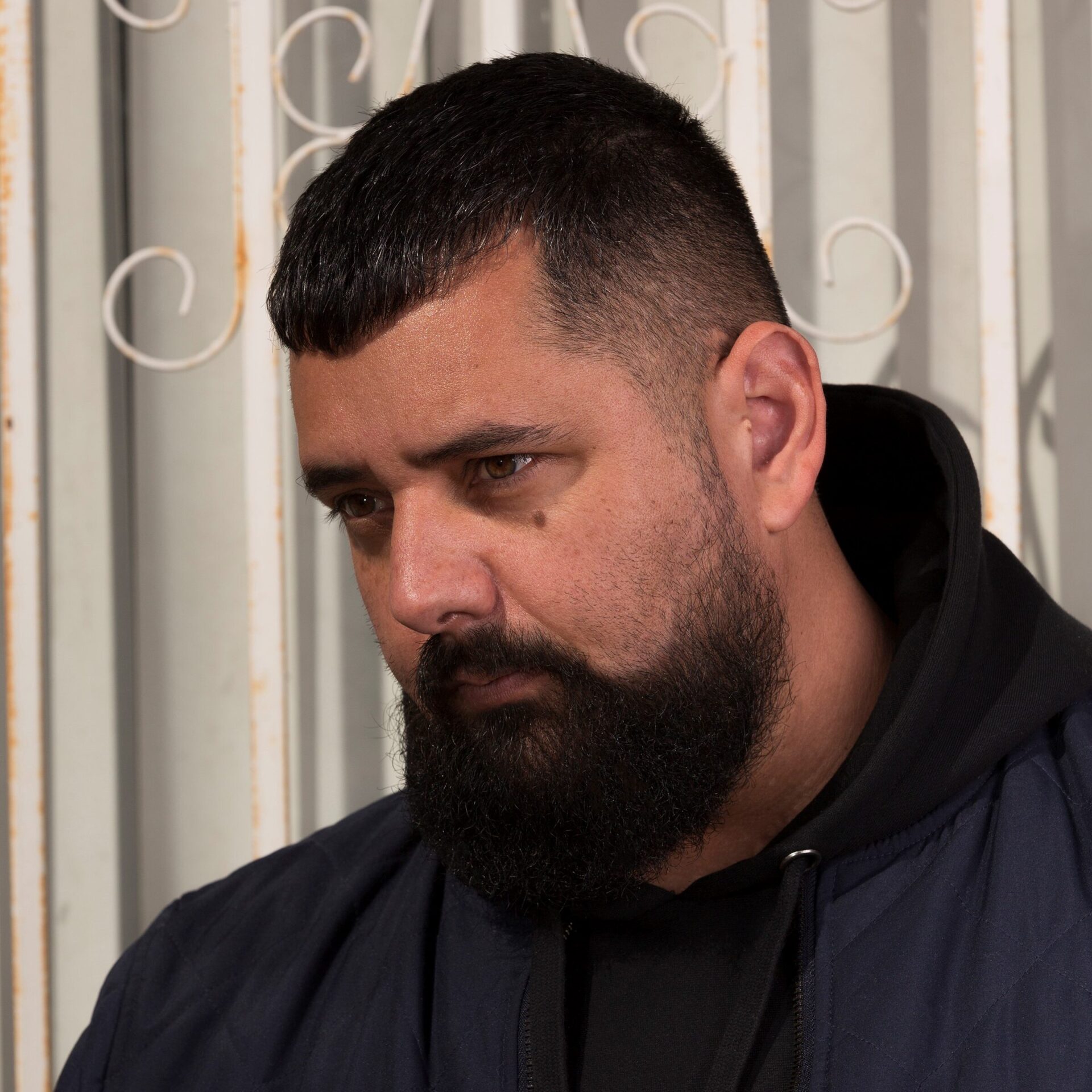
Mark Armijo McKnight (2008 Fulbright U.S. Student to Finland) is a photographer and an assistant professor at Rutgers University’s Mason Gross School of Art. His Fulbright in Finland offered him an early opportunity to develop his photographic style, which contrasts natural landscapes with the human body and examines the relationship between nature and culture. Fulbright provided him an early opportunity to participate in a global dialogue, introduced him to the world of pedagogy, and catalyzed his interest in academic research. McKnight’s work has been exhibited internationally, and is in the collections of major museums. He published his first monograph Heaven is a Prison in 2020, and his second monograph Posthume is forthcoming.
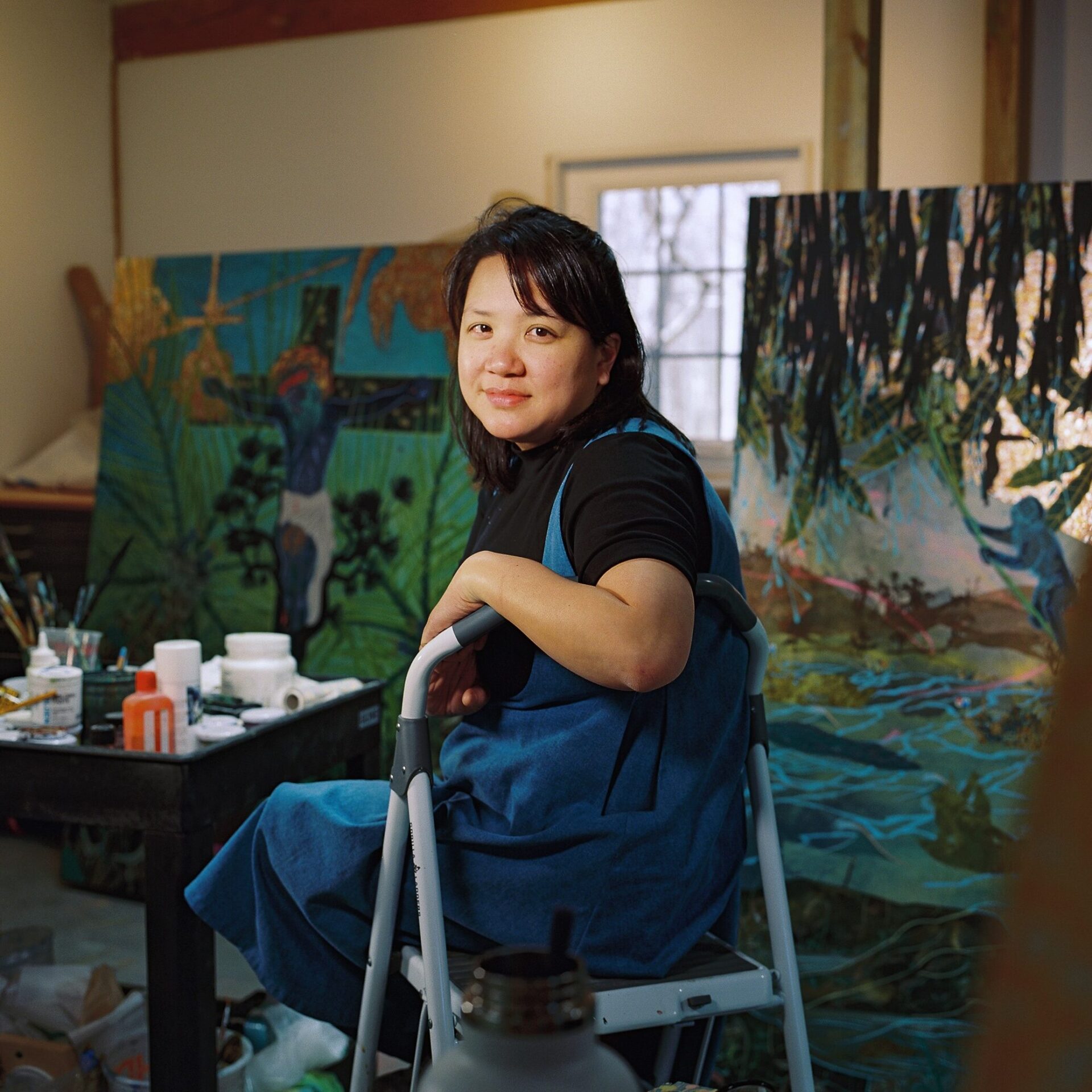
Tammy Nguyen (2007 Fulbright U.S. Student to Vietnam) is a multimedia artist and an assistant professor of Art at Wesleyan University. Her Fulbright research focused on a social study of Vietnamese oil and lacquer painting. Her work spans painting, drawing, printmaking, and book making, combining geopolitical realities with fiction by blending myth and visual narrative. Nguyen is the founder of Passenger Pigeon Press, an independent press that combines the work of scientists, journalists, creative writers, and artists to create politically nuanced and cross-disciplinary projects.
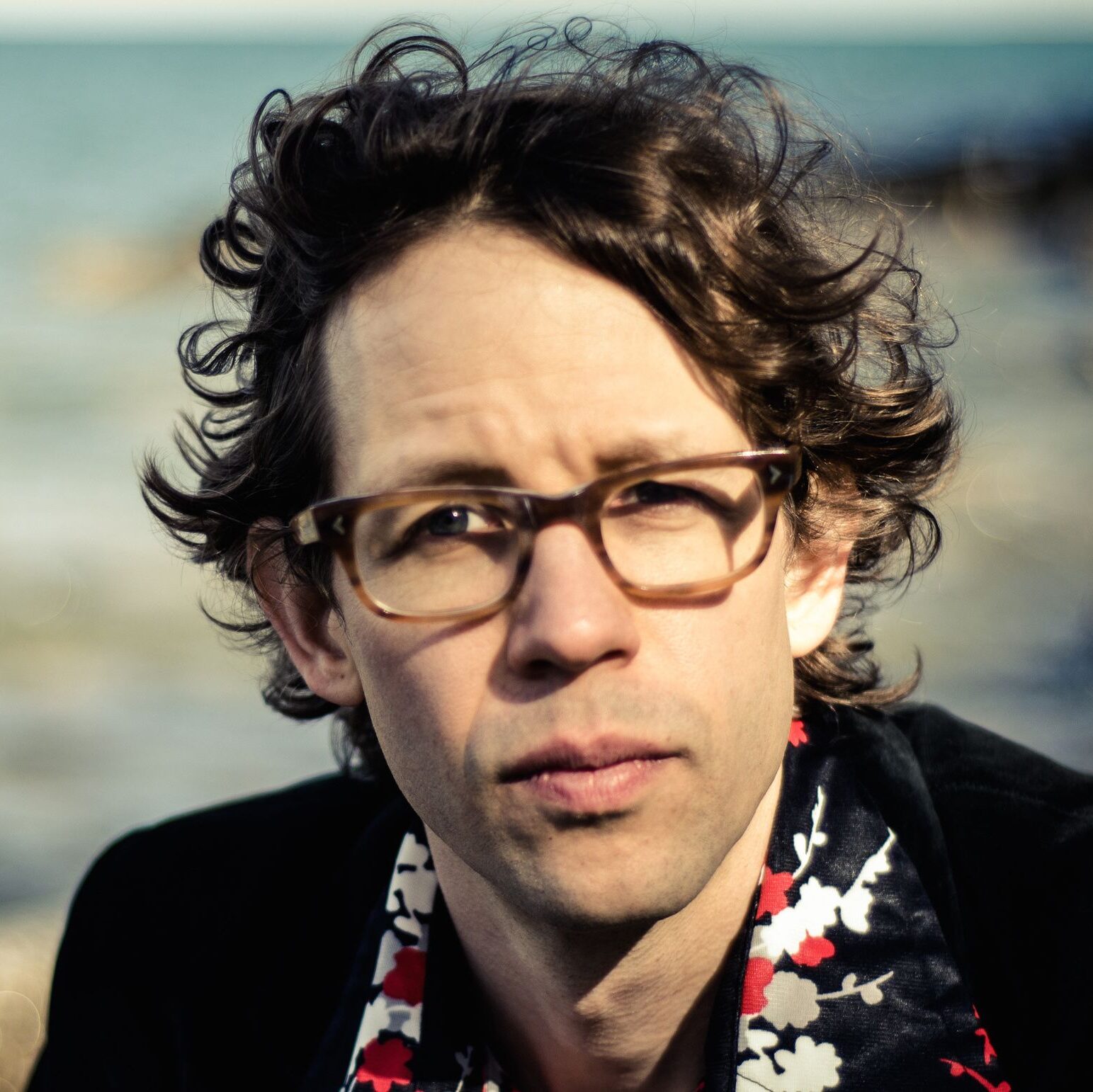
Timothy Page, Ph.D. (1999 Fulbright U.S. Student to Finland) is a Chicago-born composer. As a Fulbrighter, Dr. Page studied music composition at the Sibelius Academy in Helsinki, where he completed his first graduate degree. He says his Fulbright experience provided “entrance into the vibrant Finnish contemporary music scene in which I ultimately established myself as a composer and remained based for many years, learning a new language and creating myriad lifelong professional and personal relationships in the process.” Page’s works play with style and context, the body, physical materials, and space. They cut across genres, from chamber, orchestral, electronic, and choral music to sound-based performance art, and have been performed by leading ensembles around the world. He is a founder and co-director of Dayjob Collective, a Helsinki-based interdisciplinary ensemble that works at the meeting point between contemporary music and performance art, and is currently Lecturer in Music and Digital Arts at the Hong Kong University of Science and Technology.
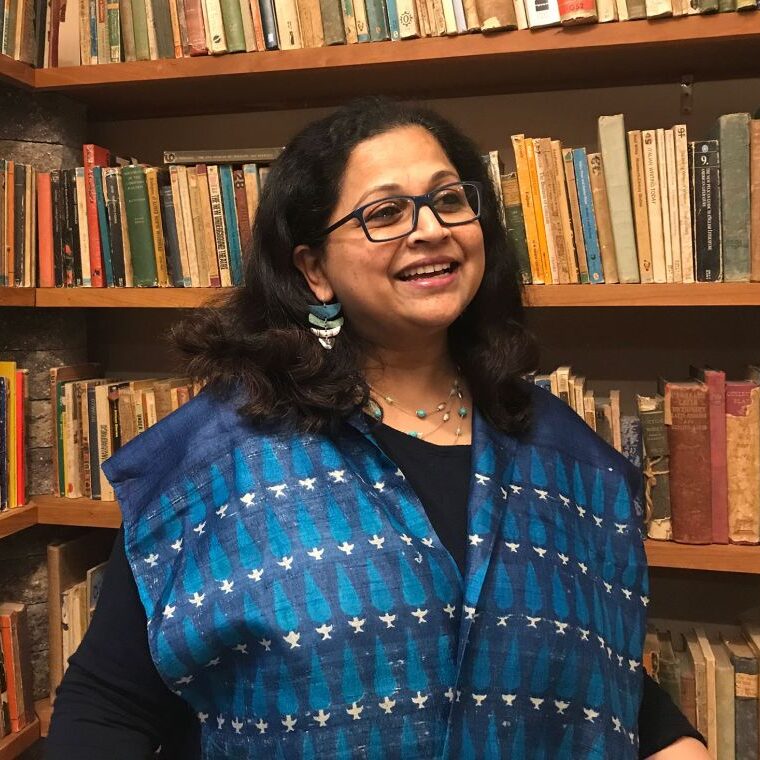
Leela Prasad, Ph.D. (2019 and 2021 Fulbright U.S. Scholar to India) is a professor of Religious Studies at Duke University and visiting professor of Religious Studies at Brown University. She is the Vice President of the American Academy of Religion and will serve as its President in 2024. Her primary research interest is the anthropology of ethics, with a focus on South Asia, gender, narrative, colonialism and decoloniality, prison and post-prison life, and Gandhi. She works at the intersection of religious studies, anthropology, history, and literature. Her first book, Poetics of Conduct, won the American Academy of Religion’s prize for the Best First Book in the History of Religions category. Dr. Prasad, who teaches in American prisons, says that her experience as a Fulbright U.S. Scholar provided the basis for her Guggenheim project, which explores the post-prison lives of Indians who were inspired by Gandhi.
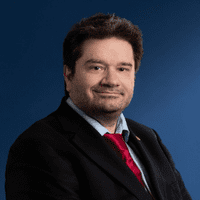
Federico Rosei, Ph.D. (2017 Fulbright Visiting Scholar from Canada) is a professor in the field of nanotechnology and semiconductors at the University of Quebec’s Institut National de la Recherche Scientifique (INRS), where he is teaching the next generation of researchers to develop scientific and technological innovations. He is the scientific head of the Nanofemtosecond Laboratory and holds the Canada Research Chair in Nanostructured Materials as well as the UNESCO Chair in Materials and Technologies for Energy Conversion, Saving and Storage. In 2017, Dr. Rosei worked with UCLA through the Fulbright Visiting Scholar Program to provide expertise and perform research in materials science. He counts Fulbright as “a defining period” of his career which helped him to “grow as a scientist, as an academic and as a person.”
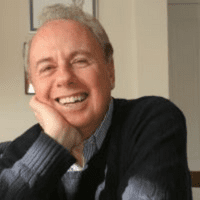
Roger Rosenblatt, Ph.D. (1965 Fulbright U.S. Student to Ireland) is an Emmy and Peabody Award-winning author, essayist, and playwright who speaks and writes frequently about the art and craft of writing, free speech, and the power of books. He has been a longtime essayist for Time Magazine and PBS. He used his Fulbright to study literature in Ireland in 1965 and was the youngest dean in the history of Harvard, before becoming a professional writer and literary editor for The New Republic. His work has been published in 14 languages. Dr. Rosenblatt was featured on the occasion of Fulbright’s 75th anniversary in 2021—in an interview featuring the role of Fulbright in the arts, Dr. Rosenblatt said, “Fulbright is important for everything and certainly is indispensable in terms of the arts. The idea that you can travel someplace and experience the art which is the heart of another country is inimitable.” He also took part in a webinar “The Writing Life,” where he connected his experience on the Fulbright Program with the art of writing and his storied career.
About the Guggenheim Fellowship
Created and initially funded in 1925 by Senator Simon and Olga Guggenheim in memory of their son John Simon Guggenheim, the John Simon Guggenheim Memorial Foundation has sought since its inception to “further the development of scholars and artists by assisting them to engage in research in any field of knowledge and creation in any of the arts, under the freest possible conditions.”
Since its establishment, the Foundation has granted nearly $400 million in Fellowships to over 18,000 individuals, among whom are more than 125 Nobel laureates, members of all the national academies, winners of the Pulitzer Prize, Fields Medal, Turing Award, Bancroft Prize, National Book Award, and other internationally recognized honors.
Each year, the Foundation awards approximately 175 Guggenheim Fellowships from over 2,500 nominees. Fellows are selected on the basis of prior achievement and exceptional promise in their individual fields.
Photo Credits:
Maris Curran – Photo Credit: Harris Mizrahi
Liana Finck – Photo Credit: Jorge Colombo
Mark McKnight – Photo Credit: Ian Byers-Gamber
Tammy Ngyuen – Photo Credit: Annie Ling
Roger Rosenblatt – Photo Credit: Chester Higgins Jr.
Federico Rosei – Photo Credit: INRS